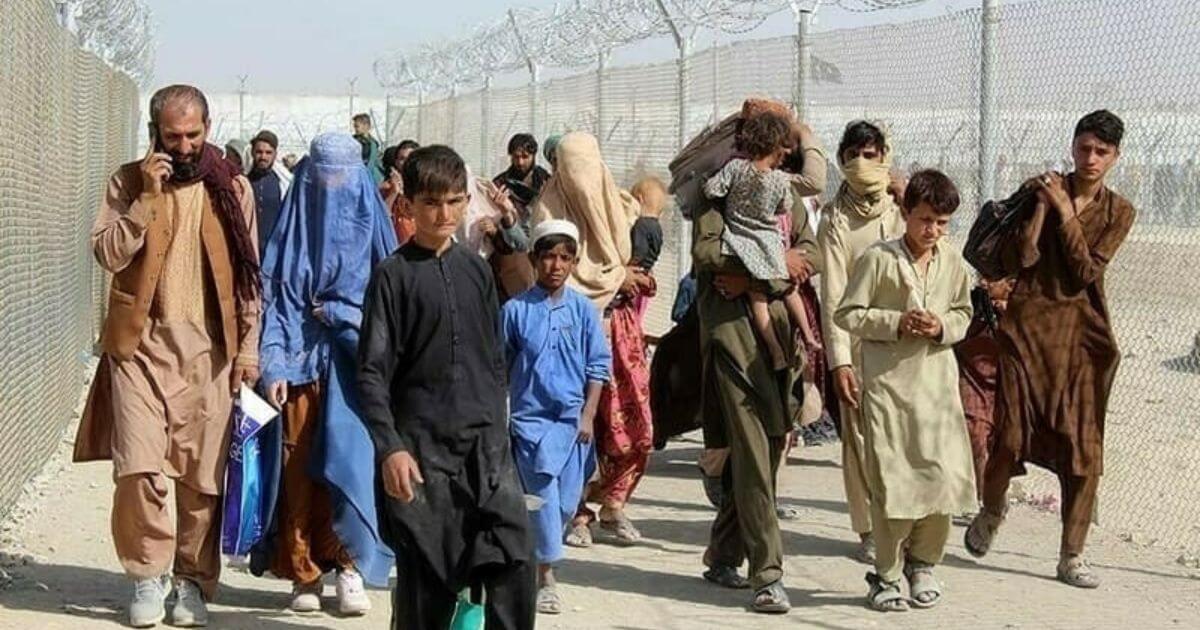Refugee status, Afghan students in Pakistan overcome difficulties in their education
Incidents of mugging have surged since the migration of some individuals here,” recounts twenty-year-old Azan *, reflecting on the daily narrative in Pakistan. “I’ve heard that sentence countless times. It’s just one example of the everyday casual racism we endure, even from our friends,” shared the freshman attending a prestigious institution in Karachi.
Azan’s parents arrived in Pakistan as refugees. While they now hold official refugee status and Azan is a Pakistani citizen, the government’s move to expel ‘illegal’ Afghan refugees has inflicted considerable psychological and physical anguish on the Afghan community. Thousands have been compelled to leave, leaving those remaining uncertain about their future.
Feeling a sense of unwelcome is a common experience for most Afghan citizens and refugees in Pakistan. Conversations with Afghan students across the country consistently echo a lack of belonging. “As a child, I was shunned by kids in my neighborhood,” reminisced Azan. “Their animosity was cultivated by their elders. One particularly traumatic incident involved being tossed into the trash because, according to them, that was my fate.”
Despite his legal status, Azan, like many Afghan students, is still labeled an ‘illegal’ refugee. “No matter what I do, I’m only seen as a refugee. I’m held responsible for everything wrong in this city. People would eagerly deport my family and me, though all we’ve done is live peacefully.”
Racism towards Afghan citizens and refugees in Pakistan is rampant. “My first encounter with racism due to my origin was at eight years old. My teacher threatened to send me back to a place where I’d face harm,” shared Azan, recounting a distressing childhood experience.
Since the call to expel illegal refugees, law enforcement agencies have targeted Afghan families, causing fear among them. Azan’s family keeps their documents visible, prepared for potential raids. “We display all our documents on our table to prove we ‘belong’ here, although they’ve never truly accepted us,” Azan lamented.
Education becomes a barrier for refugees like Fatima*, a 23-year-old medical college student in Khyber Pakhtunkhwa. Despite her exceptional academic record, her refugee status denies her a scholarship. Document verification processes and discrimination during admissions exacerbate mental strain.
“After enduring torture for a year, I was ineligible for a merit-based scholarship solely due to my ‘refugee’ status,” Fatima revealed, expressing frustration over the prejudice she faces daily.
Shayan*, an Afghan-born fine arts student with Pakistani citizenship, uses his art to express the suffering he’s encountered. “I’ve been told multiple times to go back to my country. They believe I’d face death for my art there,” Shayan shared, illustrating the discrimination he endures.
Policies in universities attempt to accommodate Afghan students, but systemic hurdles and prejudices persist. Afghan students aspire to create a better future despite these challenges. As they strive forward, it’s time for Pakistan to evolve as well.
*Names have been changed to protect the identity of students.

